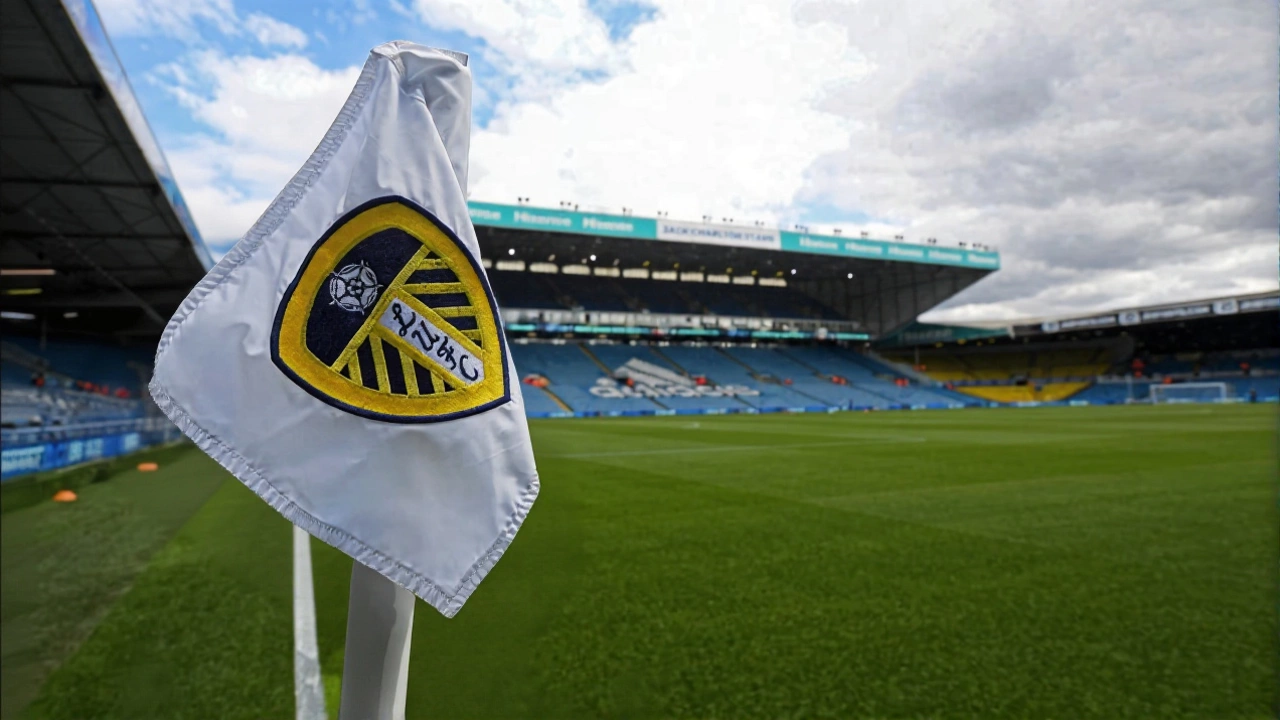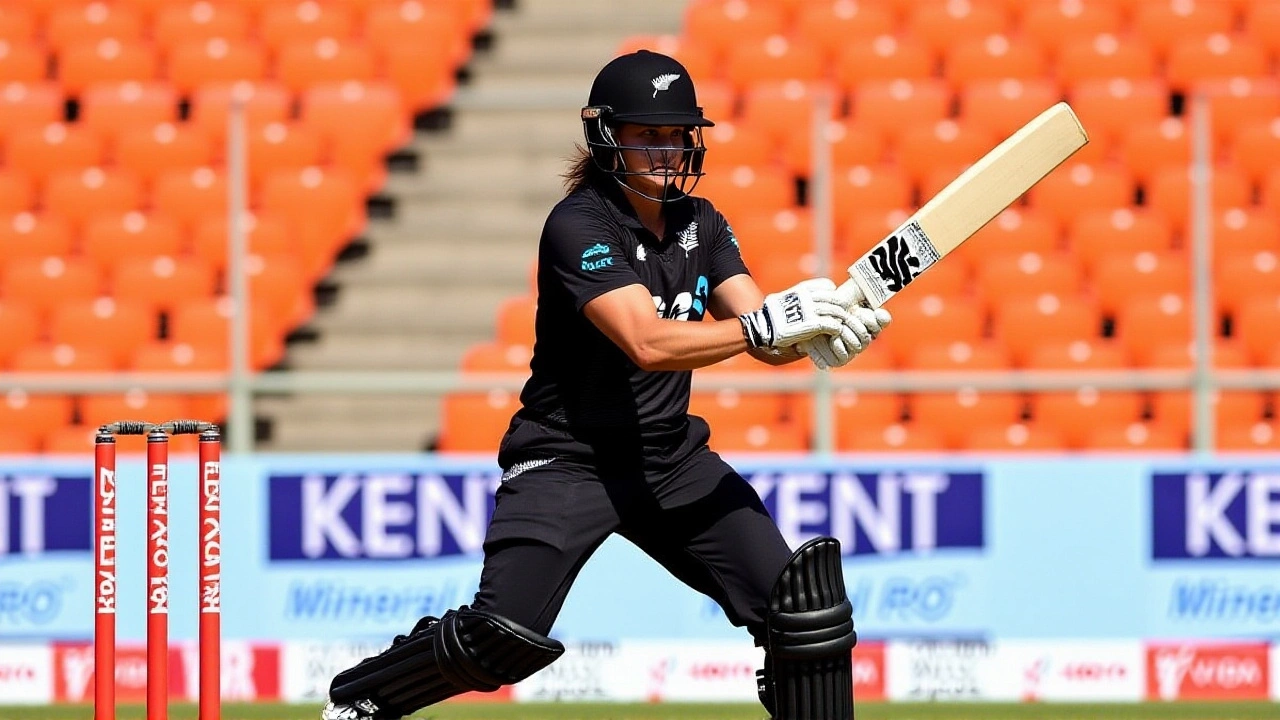Sports – Old Warriors Rugby Club: Why Rugby Is Sometimes Called Football
Ever wonder why some people call rugby “football”? You’re not alone. The name comes from the game’s early days when it split from the football rules that were popular in England. Understanding that split helps you see why the two sports feel alike yet play so different.
Rugby’s roots in football
Back in the early 1800s, schools in England played a chaotic mix of kicking and handling games. One group at Rugby School liked the handling part and made it a key rule. When the sport spread, the name “football” stuck because it still involved a ball and a goal line.
The first written rules in 1845 called the game “Rugby football.” Over time, the term “rugby” became the common shorthand, but the original label never fully disappeared. That’s why you still hear fans and commentators use both names.
What the name means for fans
Calling rugby football isn’t just history – it shapes how fans talk about the game. If you hear “football” in a rugby conversation, the speaker usually means the same sport you’re watching, not soccer. It can be confusing for newcomers, but once you get the habit, it feels natural.
For us at Old Warriors, the dual name reflects our club’s heritage. We respect the old school rules while embracing the modern, fast‑paced version of the game. That blend gives us a unique identity and brings together players who love the physicality of rugby and the strategic feel of football.
When you join a match, you’ll notice the same basic goal: get the ball over the opponent’s try line. Whether you call it a try, a touchdown, or a goal, the excitement is the same. The scoring system—tries, conversions, penalties—adds layers that set rugby apart from soccer, even if the overall concept feels familiar.
Our community events often highlight this connection. We run “Football Friday” sessions where young players learn basic handling skills before moving onto full‑contact drills. It’s a fun way to bridge the gap and show how the two games share a common ancestry.
If you’re new to the sport, start with the simple rule: you can only move the ball backward by hand and forward by kick. That rule alone separates rugby from most forms of football you might know. It also explains why the sport feels both tactical and physical.
At Old Warriors, we keep the conversation casual. We’ll say “football” when the context is clear, and we’ll use “rugby” when we need precision. It’s all about making the game accessible without losing its history.
So the next time someone asks why rugby is sometimes called football, you can answer with confidence. It’s a nod to the sport’s origins, a reminder of shared roots, and a badge of pride for clubs like ours that honor both names.
Ready to see the difference for yourself? Come to a training session, watch a match, or join our socials. You’ll hear the terms swap back and forth, and you’ll understand why both fit perfectly.
One of our veteran players, Tom, still remembers the club’s early days when the board used both “Rugby Football” and “Rugby” on the same banner. He says the dual name kept the spirit alive during tough seasons, reminding everyone why we play.
Whether you’re a lifelong fan or just curious about the name, the blend of rugby and football in our club’s story makes every game richer. It’s a simple reminder that sports evolve, but the love behind them stays the same.
Jimenez's Late Winner Lifts Fulham as Silva Hails 'Shining Example' of Resilience
Raul Jimenez scored a late winner as Fulham beat Sunderland 1-0, lifting them out of the relegation zone. Manager Marco Silva hailed the 34-year-old as a 'shining example' of resilience after his 2020 skull fracture.
Essex in Running to Host Ireland vs Bangladesh ODIs in August 2026
Essex may host Ireland vs Bangladesh ODIs in August 2026 under the ICC Future Tours Programme, as Cricket Ireland prepares for a critical two-Test tour of Bangladesh in November 2025, with a Dubai camp to acclimatize players to Asian conditions.
India Stuns World with Maiden Women's Cricket World Cup Win Over South Africa in Historic 2025 Final
India defeated South Africa by 52 runs in the 2025 ICC Women's Cricket World Cup final at Navi Mumbai to claim their first-ever title, with Deepti Sharma starring in a historic all-round performance and Laura Wolvaardt making history with a century.
Leeds United Stun West Ham 2-1 at Elland Road, Extending Hammers' Poor Start
Leeds United beat West Ham 2-1 at Elland Road, boosting Leeds to 13th place and extending the Hammers' winless run to six games.
Sutton United Snatches FA Cup Draw with 98th-Minute Goal
Sutton United forced a replay against unbeaten Farnham Town with a 98th‑minute equaliser in a dramatic 3‑3 FA Cup tie at Memorial Ground, setting up Tuesday's decisive clash.
Australia Women crush New Zealand by 89 runs in World Cup opener
Australia Women thumped New Zealand by 89 runs at Indore’s Holkar Stadium in the ICC Women’s World Cup 2025, extending their ODI dominance to 102‑31.
Why is rugby sometimes called football?
Rugby is a sport derived from football and is sometimes referred to as 'football' due to its similar rules. The sport originated in England in 1823, where it derived from football, but with more physical contact which made it stand out. Rugby is a fast-paced game, which is played by two teams of 15 players and is divided into two halves. The aim of the game is to score points by carrying, kicking or passing the ball across the opponents' try line. Rugby is also a popular team sport, which is played in many countries, as well as at a professional level.






